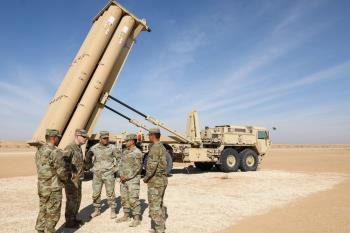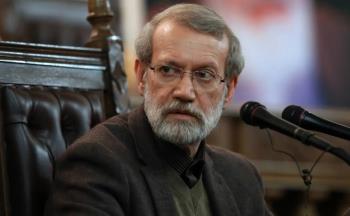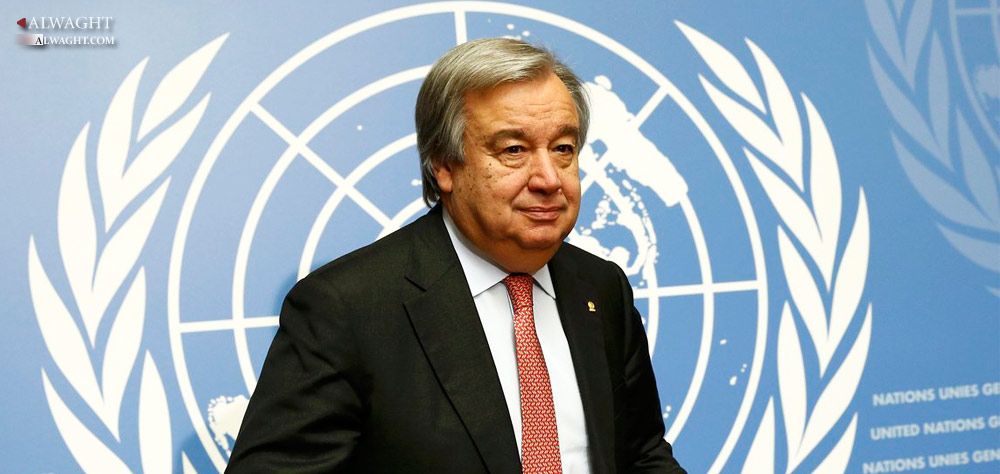Alwaght- The UN has recently picked Antonio Guterres as its ninth secretary general to replace the current chief Ban Ki-moon. Choosing Guterres will raise some questions including: will he take a different policy in dealing with such cases as Yemen and Syria? Will the UN's mechanisms for settling the international crises change?
About Guterres' records, it is notable that he was appointed prime minister of Portugal in 1995. At that time, Portugal was experiencing an economic boost that allowed Guterres to establish the guaranteed minimum income in the country, and gain membership of EU monetary union. He is recognized as a responsible, pro-dialogue, and pro-EU politician.
Guterres was the head of the United Nations High Commissioner of Refugees (UNHCR) from 2005 to 2015. He was described as leaving behind a very bright record while in this post.
The secretary general-elect of the UN said finding settlement for the over five-year-old Syrian conflict will be his leading priority. But the UN chief is actually an exterior of this international organization and has no executive and binding duties there. So, the title of the secretary general should not mislead us into thinking that the UN chief enjoys abundant mandates and his decrees have enforcement guarantees. The only organization in the UN body with binding resolutions is the Security Council.
With these facts in mind, the new UN chief will try to create convergence and consensus between about 200 members, and work out coordination between their measures. Although the security general of the UN has no enforcement guarantees, he during his term in office and for different regional and international issues can take the initiative to make peace and protect the global security. His initiatives can pave the way for global solutions. At the same time, we should take into account the issue that the UN’s work on Yemen and Syria case faces difficulty and complexity. In fact, the UN’s efforts for finding settlement to Yemen’s crisis are challenged by the financial force of Saudi Arabia and other Arab states of the Persian Gulf region. They actually set up hurdles ahead of any work and progress of this international body. So, the UN failures in Yemen should not mean that it showed weakness in this case. Actually, the world blames this failure and invalidity not on the UN but on Saudi Arabia and the Riyadh-led Arab military coalition.
In the Syrian case, however, everybody knows that the complexity is completely different from that of Yemen. In the two sides of conflict in Syria, the US and Russia are standing opposite to each other. Allies of the two sides are also standing in the lines just behind each side. Saudi Arabia, Qatar, and Turkey are active in the US-led camp while Iran, the Syrian government, and Lebanon’s Hezbollah are standing by Russia.
On the other side, the challenge of terrorism has made Syria’s conflict even more complicated than Yemen’s. In the Yemeni dispute the key sides are Ansarullah movement and the revolutionaries that are defending their country against Saudi-led aggression while in Syria there are terrorist groups that seek gaining ground to promote their thoughts and ideology. This challenge is trouble-making both for the Washington and Moscow camps. So, the work is different in Syria. In some cases these two camps get close to each other and in others they get away from each other. They get close to each other when the case is terrorism, and they get away when the case is about settling the Syrian crisis and protecting the Syrian national sovereignty.
Iran and Russia argue that should the Syrian President Bashar al-Assad is removed from power in Syria, the fate of the country will go unclear. In fact, their argument is that they should not allow the stage open for actors like ISIS and Jabhat Fateh al-Sham (formerly al-Nusra Front) terrorist groups. This reasoning pushes Moscow and Tehran to oppose removal of President Assad. On the opposite side there are the US and the EU that to some degree agree with this Iran-Russia argument, believing that removal of the Syrian president can happen only when there is an appropriate alternative. This comes while Saudi Arabia and Turkey have their own regional formulas, particularly Ankara that has compounded the already complicated Syria conflict as it seeks to shape its favorite future of the West Asia region and especially Syria. It, actually, holds demands discordant with those of others. Therefore, this conflict of agendas makes the Syrian conflict difficult to a degree that the UN is far from being able to follow a clear and agreeable formula there. The humanitarian crisis case, among others, has begun to distress everybody. But the perplexity of this crisis is so big that it even drove the UN into problems.
Therefore, even if new chief takes the office at the UN, the international body cannot follow ways to cause specific new developments other than what it is doing now. Concerning Yemen, the only work the UN can do is to assure Saudi Arabia and its coalition that change of the secretary general will not push easy changes in policies of the camp.



























